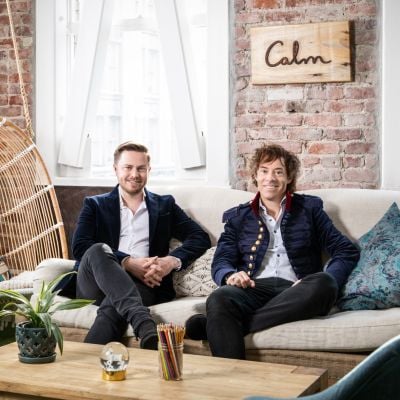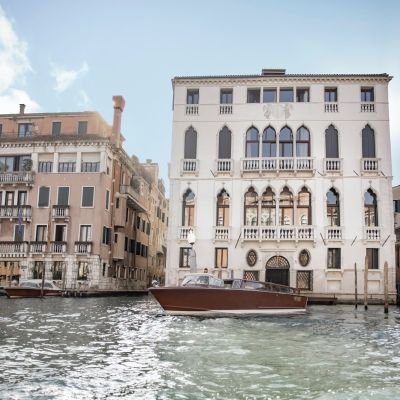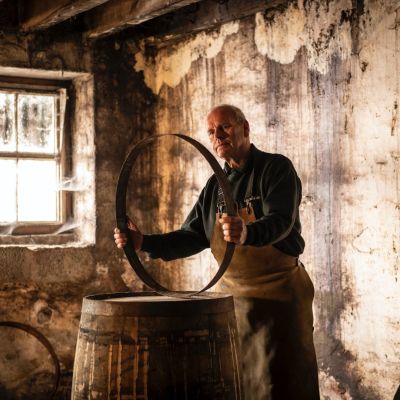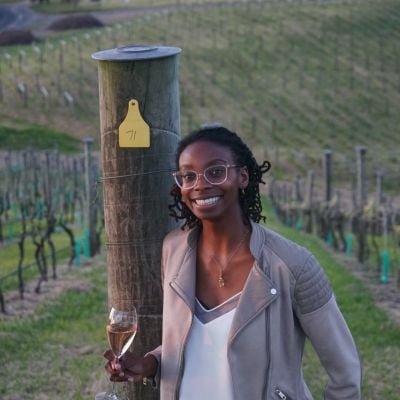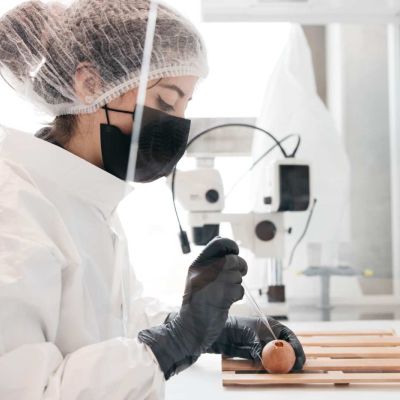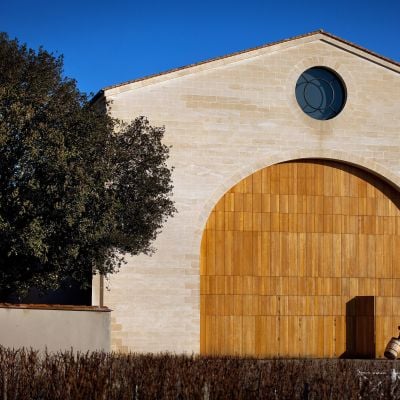Silicon Vine
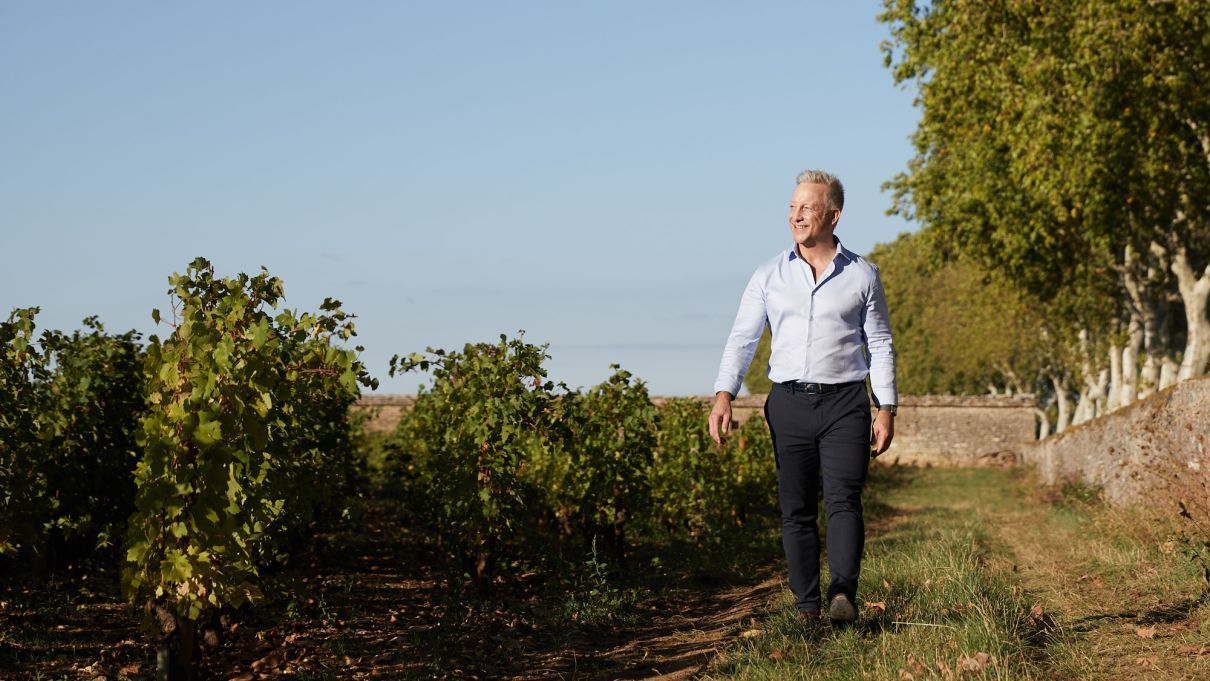
Billionaire entrepreneur Michael Baum is on a mission to digitally detox; in a Burgundy vineyard.
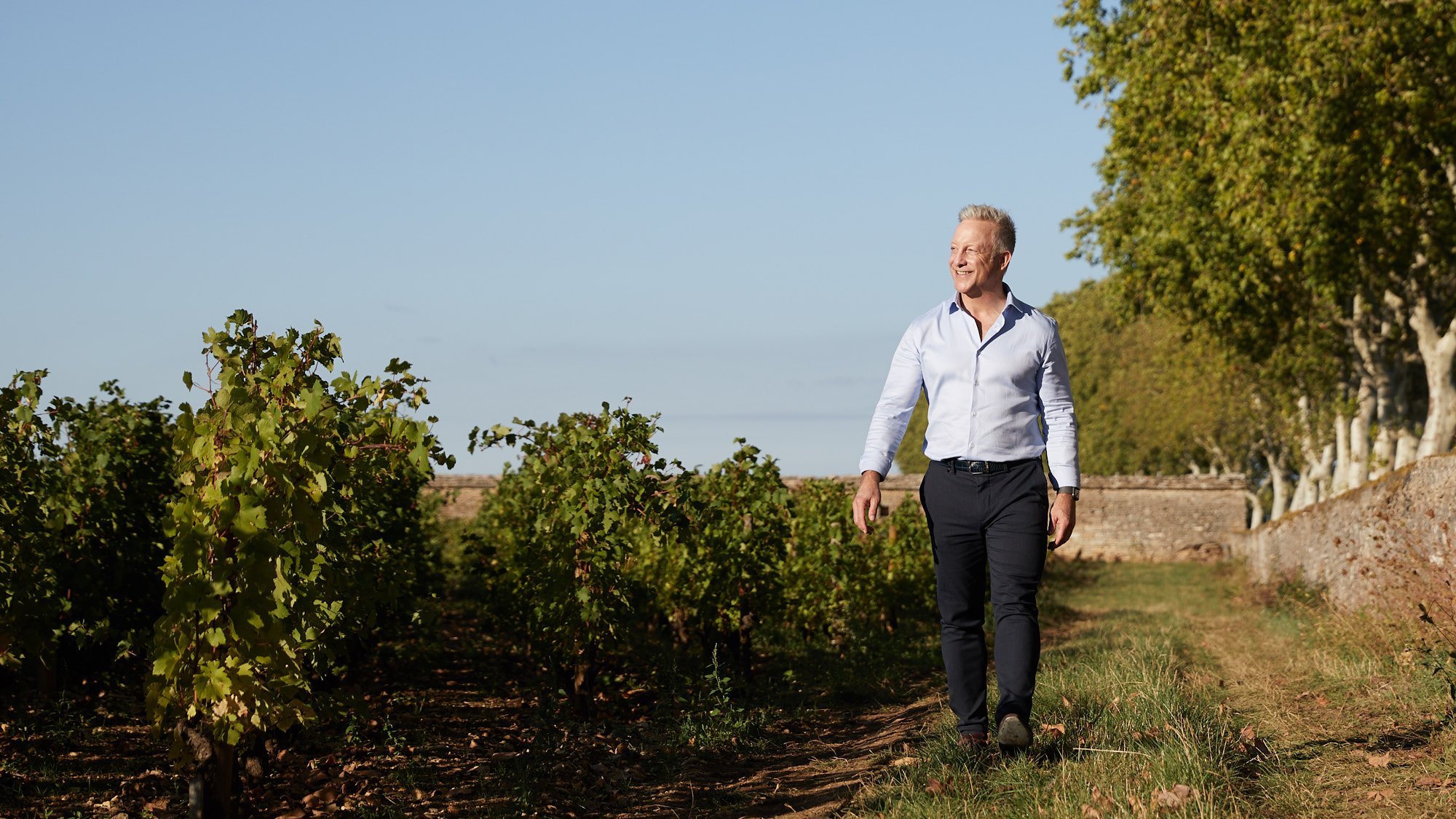
Michael Baum recently moved from the cut and thrust of Silicon Valley to the vines and dust of Burgundy, exchanging a life in tech for one in viticulture. Getting back to the land, indeed, might prove some antidote for his concerns about our technological future. The surveillance state courtesy of big data? No. The coming of the robots? No. Baum’s concern is, comparatively, more prosaic and more pervasive: cyber-security.
“Look everywhere and the various debates about big data are over-hyped. Five years ago, it was all about ‘the cloud’, then it was all about artificial intelligence and in five years’ time it will be about something else,” he says. “There’s a good side and a bad side to all technologies. But if you understand tech you also know that we’re maybe 50 years away from having to worry about such matters. It’s like self-driving cars. If you know the industry you also know how far away it is from making that happen. But cyber-security. Now that’s pretty scary.”
Baum, 57, knows his tech. He made his money as the creator of six start-ups, five of which he sold and the last of which, the machine data-engine Splunk, went public with a record-breaking US$5bn IPO. Such is his belief in the power of start-ups to drive economies, he also began Founder.org, an organisation that provides funding and mentoring to graduates who have a good business idea but might (as statistics suggest they typically do) otherwise fail to follow it up. So far it has invested in some 128 start-ups, with initial investment followed up with addition backing to the tune of US$5m a pop.
More recently, Baum became the owner of Château de Pommard, a French winery and estate established in 1726, making him the first American to own such an estate in Burgundy. He’s not alone in being a Silicon Valley king investing in wine, of course, although he’s looked well beyond Napa Valley and back to the old world. With that long tradition, however, comes a guarded industry somewhat stuck in its ways, ways which Baum, an outsider in terms of his nationality and professional background, aims to change.
“Burgundy has a tradition that’s powerful but limited, which only appeals to a certain audience. And, historically, producers have sold onto wholesalers, so they haven’t had to think about their brand,” he says. “That’s very different to how things are done in Silicon Valley, of course, where the model is to really be in touch with the consumer. So, at Pommard we’re taking a more Silicon Valley model: 90 percent of our sales are now direct to the consumer. And I have ambitions to apply tech to the wine business.”
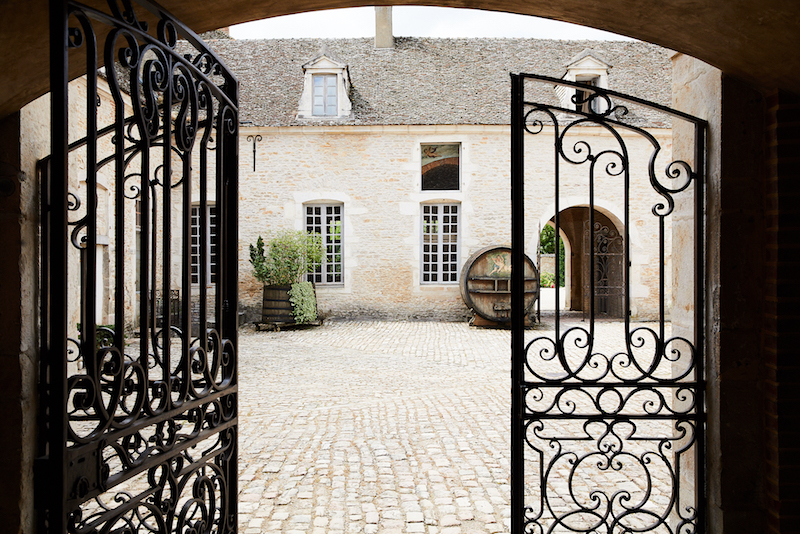
Indeed, there is, as Baum might have it, an app for that. Next year he will launch Vivant, a platform to help subscribers better buy and understand their wine. Subscribers of Vivant will be able to scan any micro-chipped bottle in order to get a complete assessment of the wine, 24/7 access to a live personal wine advisor, as well as to live-broadcast wine experiences around the world. Since transparency, he says, is set to be a major industry wine trend, the whole process behind Pommard wines will, using Vivant, be trackable from the budding of the plant to the shipping of the crate.
“The world of wine is complex — from the grape varieties to the chemicals used, from vintages to how best to pair it with food — and understanding what you’re actually drinking is not easy,” Baum explains. “But the more you know, the more you enjoy. So [with Vivant] we’re taking what we’ve introduced at Château de Pommard, wine experiences and vineyard visits, and we’re reaching more people by effectively putting that on a digital platform. I don’t know why this hasn’t been done before. But then with the benefit of hindsight it’s easy to wonder why there was, say, no Uber before 2015.”
Vivant is, of course, yet another way in which day-to-day experiences will be mediated through technology. Baum appreciates the contradiction, given his concerns about cyber-security (an issue Splunk is increasingly used to manage). “People should be concerned about cyber-security much more than AI, because it’s real, the actors are bad. The most efficient are state actors rather than rogue individuals or groups. With the right tools they can scale an attack very quickly. When something goes wrong with a piece of tech now my first thought is that it’s under attack.”
Baum expresses amazement that we still send emails “that can be intercepted by a student, yet we don’t think twice about it because the tool is convenient”, he argues. “Like fast food, we don’t think about it until there’s an obesity epidemic.” He’s phlegmatic about the situation: yes, understanding of cyber-security issues has improved dramatically over the last decade, but we are, he says, a long way behind understanding the kind of attacks that (far more dangerous than the malware-based, denial of service or phishing variety) plants a seed that grows over perhaps a year until, unbeknown to the user, it controls the system.
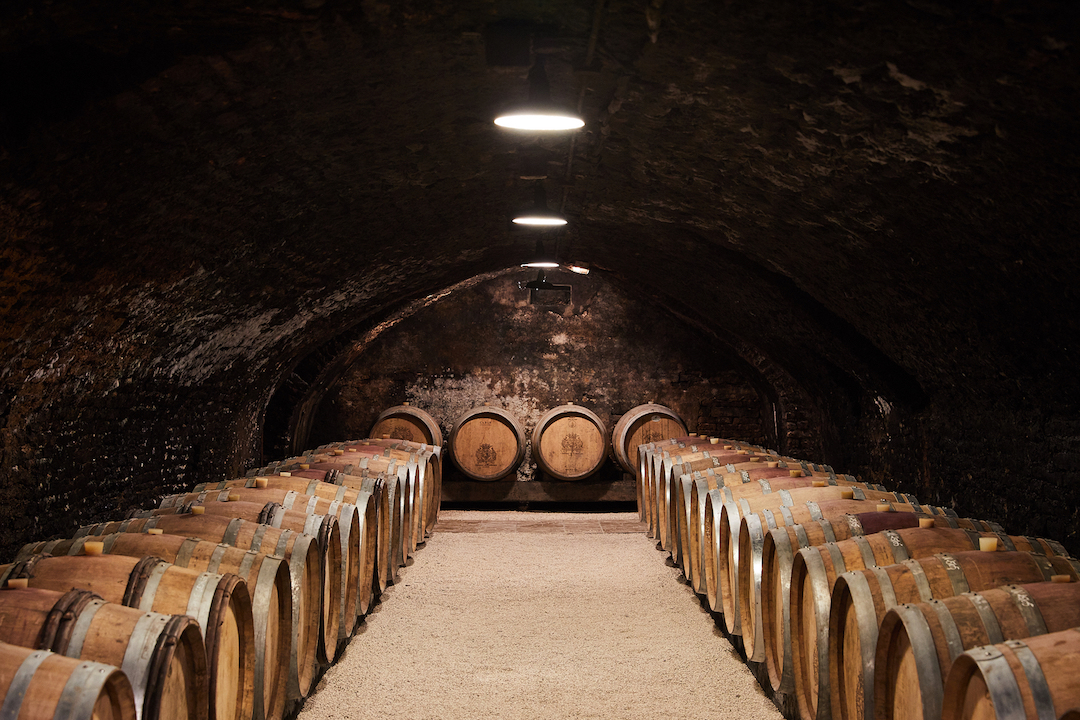
“The problem is that the systems we use today are highly disaggregated; start up a Mac and 300 or so services come into play to make that happen. And that’s feeding day for the animals,” he says. “From the security point of view, there’s huge value in aggregation: in owning multiple layers in a stack. All our systems are on Google and I feel safe with that, not because it can’t be hacked, but at least if it does it will be from the inside.”
The bigger issue, of course, is that aggregation runs counter to demands for tech monopolies to be broken up, precisely to limit the reach of their influence and control over the oil that, more and more, allows the wheels of society to turn. Society, in turn, may have to make some hard choices between controlling technology and be able to use it safely. Of course, this is more a concern for countries and corporations than it is for most private individuals. All the same, even this Silicon Valley king dials down his connectivity occasionally.
“Every Sunday I go on digital detox,” Baum explains. “The problem is now that when using our phones, we feel like we’re in control of something, and being away from that creates anxiety. [But] I put my phone away and have at least 12 hours without any digital influence. Sometimes I’m successful at that and sometimes I’m not, but what I get from it is perspective, and the ability to think abstractly again. My mind isn’t reacting to every bleep.
“That all said, would I still describe myself as a nerd? Oh yeah, definitely. Only now I can quite happily spend my days talking about how best to monitor nitrogen cycles in the soil.”
This article originally appeared in Billionaire's Health Issue, December 2019. To subscribe contact

